Directory
- Share
Pooja Gupta
- Alumni
- India
- 2018 MPhil Biological Science at the Department of Biochemistry
- Sidney Sussex College
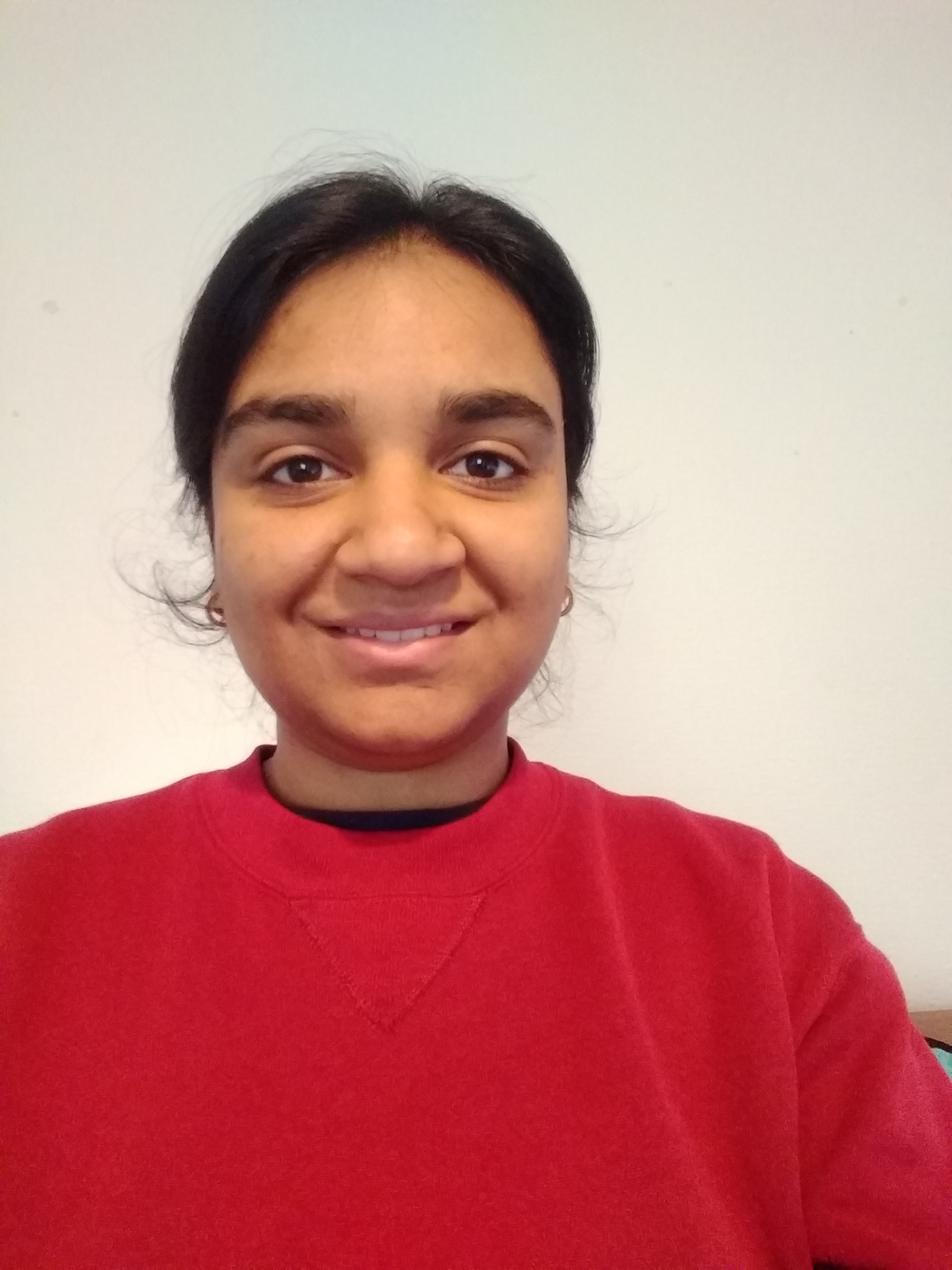
Pooja Gupta
- Alumni
- India
- 2018 MPhil Biological Science at the Department of Biochemistry
- Sidney Sussex College
Growing up on a steady diet of science fiction and popular science, I was certain by the time I was 17 that I wanted to pursue a career in research, and my journey which began under Dr. Anshu Bhardwaj's guidance at the Council of Scientific and Industrial Research (CSIR), India, has been quite serendipitous since. In my second year as an undergraduate, I met Prof. Tom Blundell at a workshop on antimicrobial resistance in India that I had helped Dr. Bhardwaj organise, and in a Ramanujan-esque turn of events, Prof. Blundell generously arranged for my travel and stay in Cambridge as I spent the summer of 2017 working in his lab at the Department of Biochemistry. I was awarded the prestigious Gates Cambridge scholarship in 2018 to pursue an MPhil in Biological Science in Prof. Blundell’s lab, where I worked on enzyme targets in the arginine biosynthetic pathway of Mycobacterium tuberculosis, employing the fragment-based structure-guided approach for early-stage antitubercular drug discovery. Having gained some experience in X-ray crystallography, and with a keen interest in applying structural biology techniques to study bacterial sensing and transport mechanisms, I started my PhD with Dr. Jamie Blaza at the York Structural Biology Laboratory, Department of Chemistry, University of York, UK in January 2020, for which I secured a competitive YGRS Overseas Research Scholarship. The aim of my PhD is to investigate the molecular events that lead to germination of Bacillus spp. spores using high-resolution single particle cryo-electron microscopy; solving the structures of protein complexes (receptor and channel proteins) that are present in the inner membrane of spores and are known to be involved in the initiation of the germination cascade.
Previous Education
University of Delhi
Priyanka Gupta
- Alumni
- India
- 2002 BAaff Economics
- St Edmund's College

Priyanka Gupta
- Alumni
- India
- 2002 BAaff Economics
- St Edmund's College
Snigdha Gupta
- Scholar
- India
- 2025 PhD Asian and Middle Eastern Studies
- Wolfson College
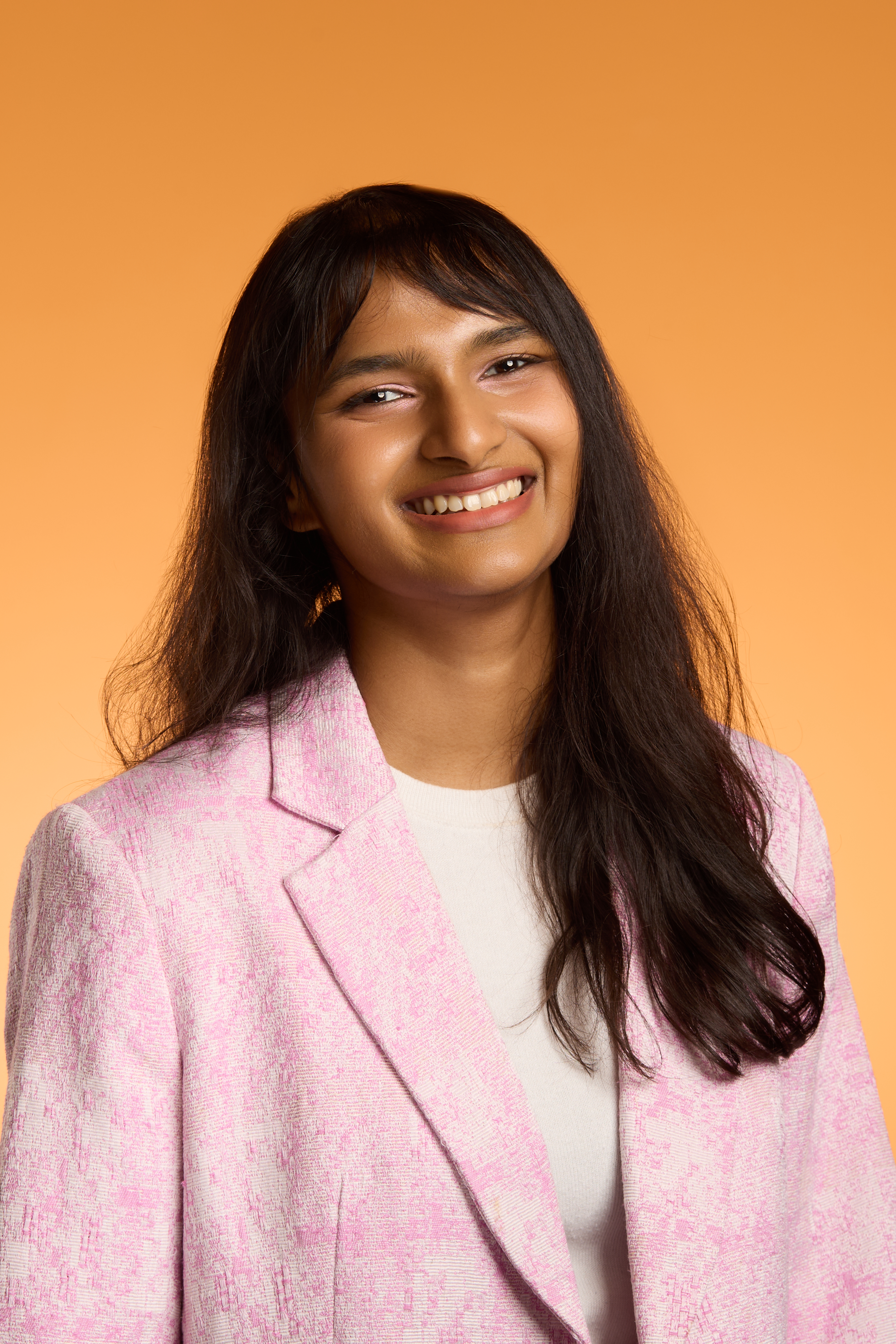
Snigdha Gupta
- Scholar
- India
- 2025 PhD Asian and Middle Eastern Studies
- Wolfson College
“So, how did you end up here?”I hear this often—an Indian woman working in the Korean government, researching rural Korean women’s lives, translating Korean literature. But for me, the journey has felt like a thread pulling gently and insistently across borders. I grew up in New Delhi, in a Bengali household shaped by the quiet shifts of rural-to-urban migration. Years later, while learning Korean out of curiosity, I recognized the same patterns—displacement, development, resilience—echoing in a language and history far from my own.That recognition brought me to Seoul National University as a Korean Government Scholar, where I studied rural women’s seed-saving movements and saw how, in both Korea and India, the cost of progress is often paid by women who quietly keep traditions—and food systems—alive. At Cambridge, I will study the gendered impacts of rural decline in South Korea, focusing on older women farmers, marriage migrants, and young gwichon returnees. I hope my work helps reimagine rural futures—not just in Korea, but in other fast-developing nations where women quietly carry the weight of change.
Previous Education
University of Dehli (Lady Shri Ram College) English Literature
Seoul National University Int. Studies(Korean Studies)
Ricardo Guraieb Chahin
- Alumni
- Mexico
- 2009 MPhil Chemical Engineering
- Christ's College
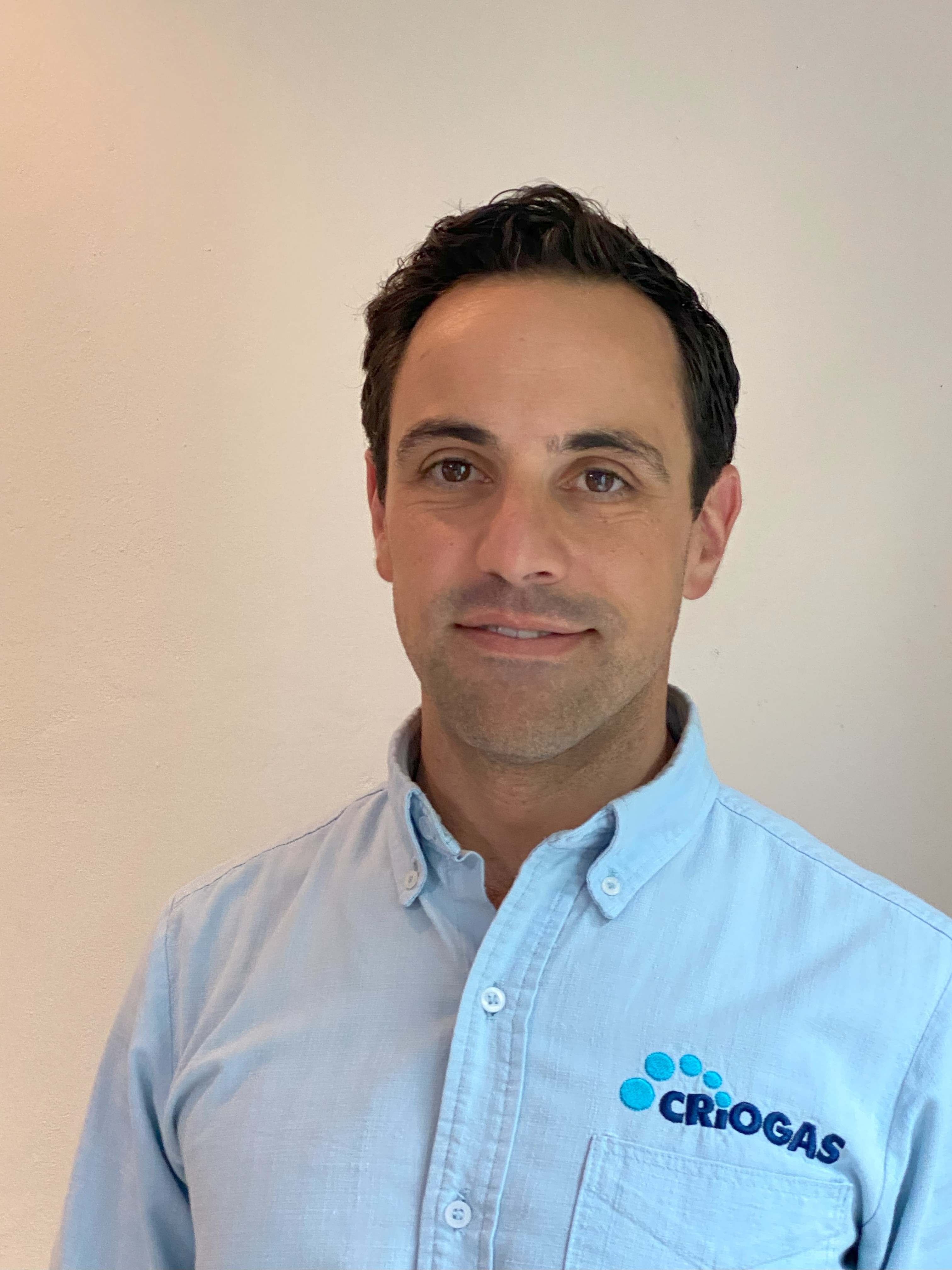
Ricardo Guraieb Chahin
- Alumni
- Mexico
- 2009 MPhil Chemical Engineering
- Christ's College
Knowledge and leadership skills are essential for my generation to help Latin America be at the forefront in terms of innovation and sustainability. A higher level of technological development should be part of the strategy to address important social issues like inequality. I strive to devote my career in leading the path towards a more competitive and sustainable industrial economy in Mexico.
Previous Education
Instituto Technologico y de Estudios Superiores de Mexico BSc Chemical Engineering 2003
Links
Iman Gurung
- Alumni
- Nepal
- 2002 PhD Physiology
- Hughes Hall

Iman Gurung
- Alumni
- Nepal
- 2002 PhD Physiology
- Hughes Hall
After 25 April Gorkha Earth Quake in Nepal, I have been appointed by emergency cabinet meeting of Government of Nepal, as the special advisor to Deputy Prime Minister and Minister of Home affairs who is head of rescue and relief operation. I led the team to upgrade and update Geographical information System platform to gather and disseminate information regarding Earth Quake. I also worked closely with air operation team and established GIS team within Nepal Army Air Operation Control centre which increased number of flights by reducing delays and contributed in 2,700 successful flights rescuing 5,000 people from inaccessible mountain areas.
Jodi Gustafson
- Alumni
- Canada
- 2015 MPhil Conservation Leadership
- King's College
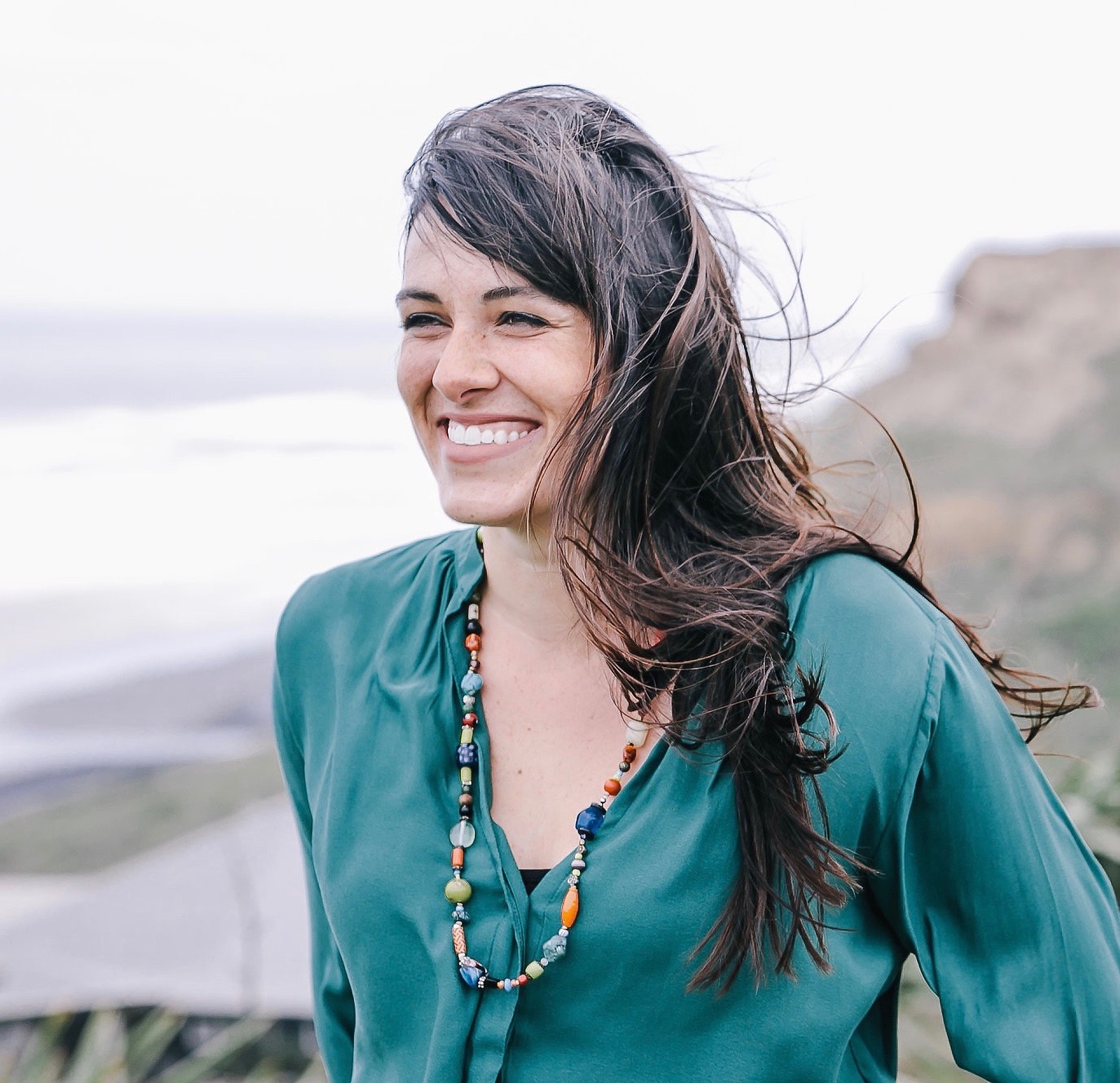
Jodi Gustafson
- Alumni
- Canada
- 2015 MPhil Conservation Leadership
- King's College
Previous Education
University of British Columbia
Links
https://www.weareriver.earth
https://www.linkedin.com/in/jodi-gustafson-bab11b77
Julia Gustafson
- Scholar
- United States
- 2021 PhD Archaeology
- Magdalene College
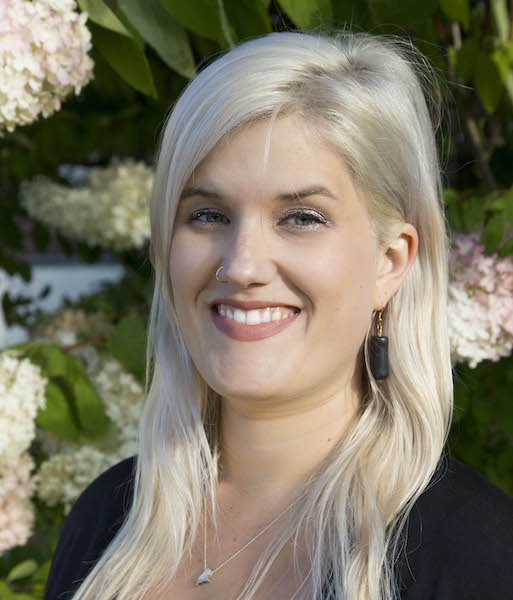
Julia Gustafson
- Scholar
- United States
- 2021 PhD Archaeology
- Magdalene College
I grew up in New England and after a ten-year break from my education, attended the University of Southern Maine (USM) where I studied Geography-Anthropology with a focus in archaeology. It was during my time at USM that I developed a passion for indigenous rights advocacy and the role that archaeology can play in helping to transform the world. After I earned my bachelors degree, I moved on to pursue a masters in Landscape Archaeology at the National University of Ireland Galway. My PhD at Cambridge focuses on the Nuraghe of Sardinia and the role that these monumental structures have played throughout time. As a Gates Cambridge recipient I am honoured to join a community of like-minded scholars who are committed to making a difference in their fields and the world.
Previous Education
National University of Ireland-Galway Landscape Archaeology 2021
University of Southern Maine Geography-Anthropology 2020
Brett Gutstein
- Alumni
- United States
- 2018 PhD Computer Science
- Trinity College
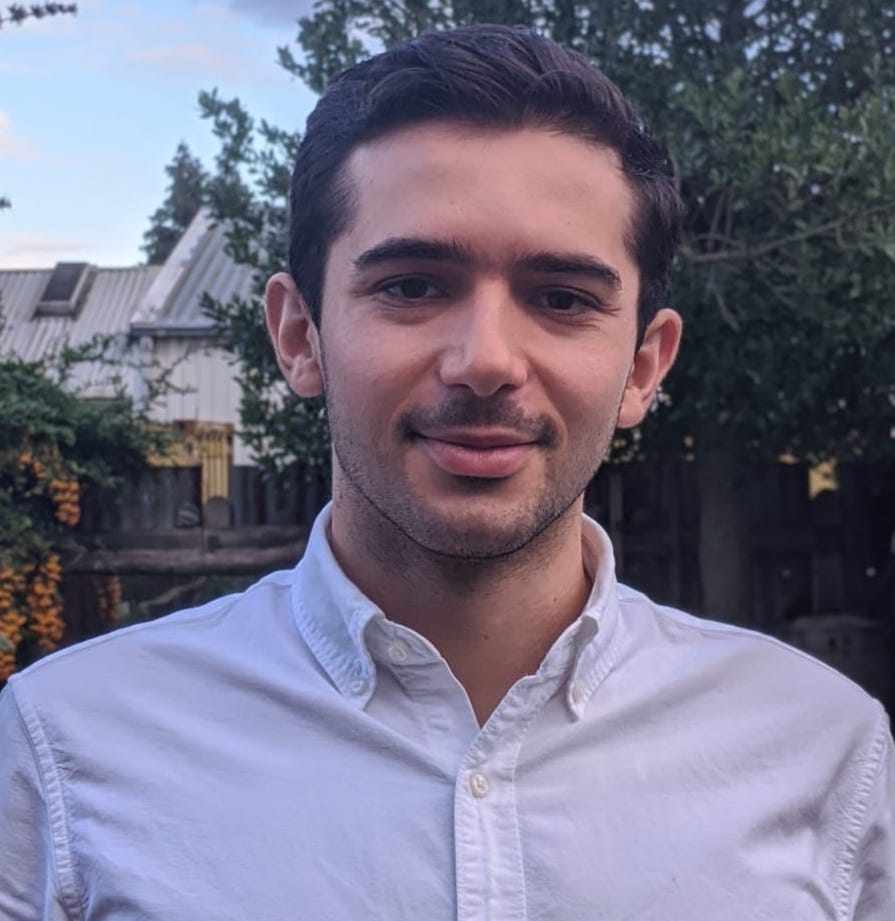
Brett Gutstein
- Alumni
- United States
- 2018 PhD Computer Science
- Trinity College
Berenice Guyot-Rechard
- Alumni
- France
- 2009 PhD History
- Trinity College
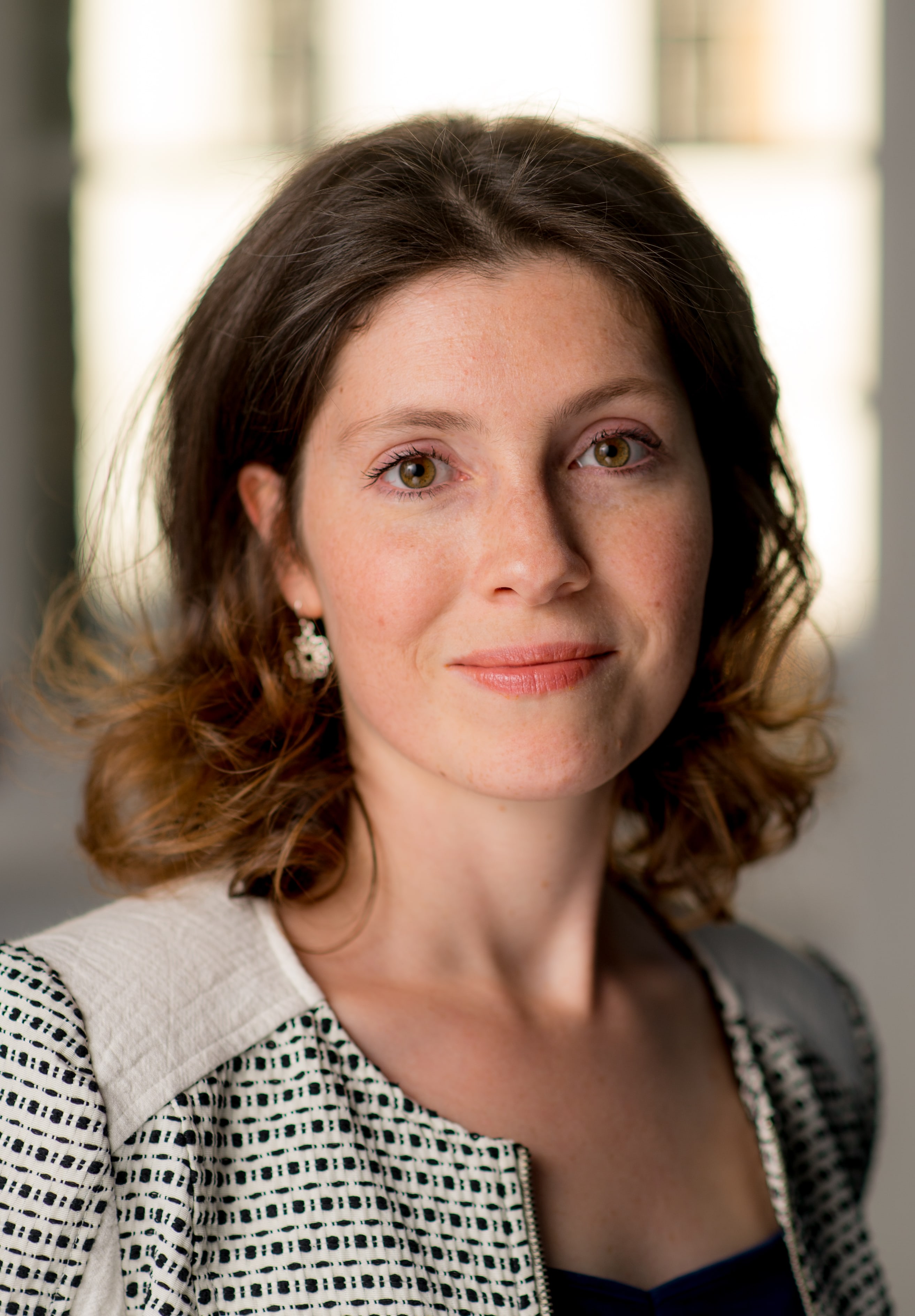
Berenice Guyot-Rechard
- Alumni
- France
- 2009 PhD History
- Trinity College
https://kcl.academia.edu/B%C3%A9r%C3%A9niceGuyotR%C3%A9chard
Yazmin Guzman
- Alumni
- United States
- 2019 MPhil Education
- Lucy Cavendish College
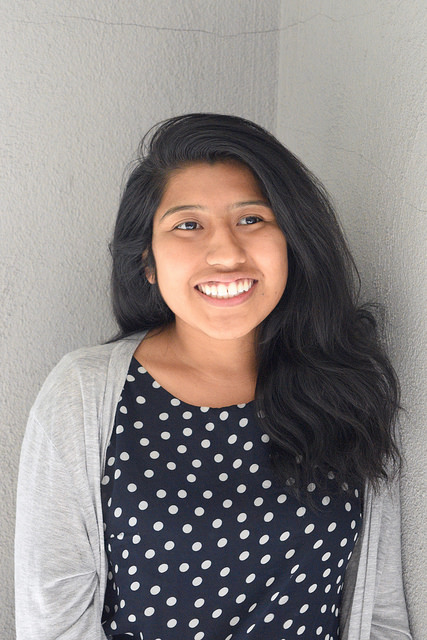
Yazmin Guzman
- Alumni
- United States
- 2019 MPhil Education
- Lucy Cavendish College
My parents immigrated to the United States from Yatzachi el Bajo, Mexico before I was born. I was 3 months old when my parents moved from Oxnard, California to Wichita, KS. Cities and the inequalities within them were always present in my life. As a low-income Latina student in Wichita, KS, I always noticed the disparities that existed for me and my siblings. This frustration and desire for change is what has driven me to dedicate my life to eliminating these inequities. Eventually, I found my way to the Massachusetts Institute of Technology where I completed a Bachelors of Science in Urban Studies and Planning and a Masters in City Planning. My training at MIT has taught me how cities can support and hinder its residents, now I want to focus on how education specifically can be viewed as part of urban planning. At the University of Cambridge, I will complete a Masters in Educational Research, where I will focus on the interaction between the neighborhoods students live in and the schools they attend. With this research, I hope to address how we can view education more holistically and improve education equity through policy.
Previous Education
Massachusetts Institute of Technology Masters in Urban Studies and Planning 2019
Michael Gwinner
- Alumni
- Germany
- 2008 PhD Physics
- Trinity College
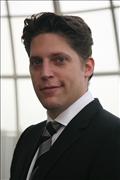
Michael Gwinner
- Alumni
- Germany
- 2008 PhD Physics
- Trinity College
Self-driven, versatile and impact-oriented leader in the Pharma industry, with broad experience and expertise across Commercial, Market Access and Strategy functions, as well as background as a management consultant and scientist.
Previous Education
Stuttgart University Diploma Physics 2008
Clara Gyhrs
- Scholar
- Denmark
- 2025 PhD Zoology
- Clare Hall
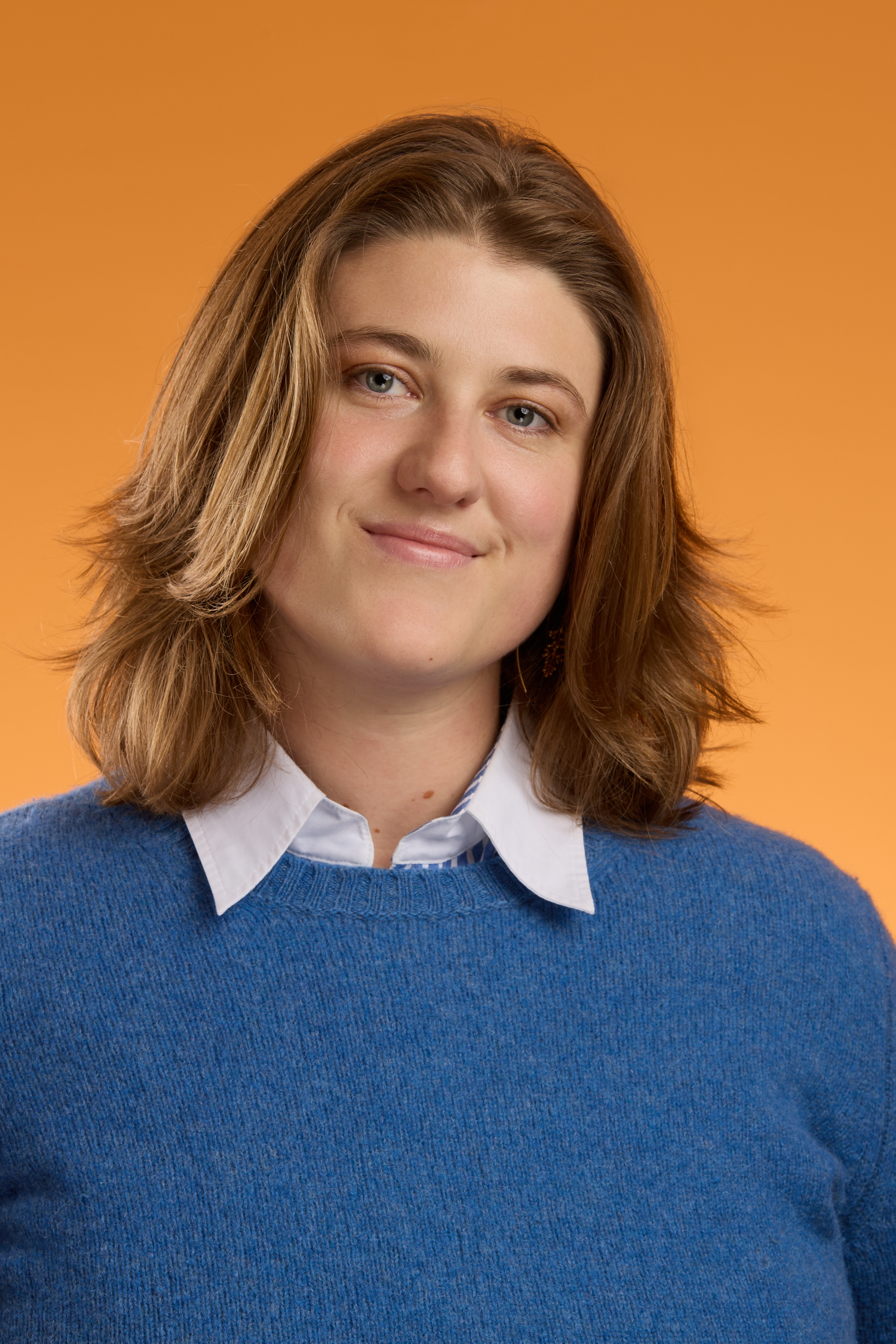
Clara Gyhrs
- Scholar
- Denmark
- 2025 PhD Zoology
- Clare Hall
Growing up, I spent every possible moment in or near the ocean—snorkelling, rock-pooling, and watching wildlife for hours on end. I was captivated by the complexity of marine life and originally dreamed of becoming a marine biologist. This early passion for the sea eventually led me to pursue an integrated master’s degree at the University of Glasgow, where I first encountered transmissible cancers. I was immediately drawn to the mystery of these remarkable diseases in bivalves—cancers that defy conventional understanding by spreading not only between individuals but also across species and entire oceans. This phenomenon presents a rare biological system that challenges the boundaries of what we consider an individual organism. To truly understand it requires an interdisciplinary approach spanning anatomy, ecology, and immunology. My own fascination lies in the genomics: how these cancers have evolved from host tissue into parasitic lineages, capable of independent, parallel evolution. It is here—at the intersection of my childhood wonder and scientific inquiry—that I aim to contribute to understanding the nature and evolution of life itself.
Previous Education
University of Glasgow Genetics with Data Science
Dirk-Hinrich Haar
- Alumni
- Germany
- 2005 MPhil MPhil Criminology
2006 PhD Criminology - Selwyn College
Dirk-Hinrich Haar
- Alumni
- Germany
- 2005 MPhil MPhil Criminology
2006 PhD Criminology - Selwyn College
Oliver Haardt
- Alumni
- Germany
- 2012 PhD History
- Trinity College
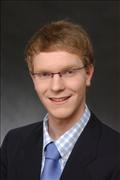
Oliver Haardt
- Alumni
- Germany
- 2012 PhD History
- Trinity College
My studies in modern constitutional history focus on how constitutions develop an independent systemic dynamics directly affecting political reality. After completing a BA in Politics and History at JUB, I read for the MPhil in Historical Studies at Cambridge where I researched the constitutional evolution of the German imperial office. I am also a fellow of the International Max Planck Research School of Comparative Legal History. My PhD explores the comparative federal evolutions of Germany, the U.S. and Switzerland in the 19th century. I hope to deduce patterns of federal constitutional design that can help framing sound constitutional orders on the national and supranational level. My ambition is to overcome disciplinary divides between history and law to treat constitutional developments as holistic historical phenomena that offer us lessons for today’s constitutional problems. Hence, I work on founding a research forum for interdisciplinary constitutional historiography.
Paula Haas
- Alumni
- Germany
- 2008 PhD Social Anthropology
- Murray Edwards College (New Hall)
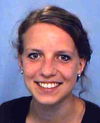
Paula Haas
- Alumni
- Germany
- 2008 PhD Social Anthropology
- Murray Edwards College (New Hall)
Before coming to Cambridge, I studied Chinese and Mongolian Languages and Cultures at Venice University (Italy), and worked in Outer Mongolia for two years following my graduation. During my stay in Mongolia, I often realised how deeply people's everyday life is conditioned by pervasive mistrust. For my PhD I thus study Mongolian ideas of trust, mistrust, and cooperation, how trust is established, maintained, and broken, how and why trust is so often abused and with what consequences, and what role gender plays in the creation of trust and mistrust. I have just come back from a year of fieldwork in a small rural community of Barga Mongols in Inner Mongolia, China, and will now start to write up.
Sara Habibi
- Alumni
- Canada
- 2011 MPhil Education
2012 PhD Education - Homerton College

Sara Habibi
- Alumni
- Canada
- 2011 MPhil Education
2012 PhD Education - Homerton College
I completed my doctorate at the University of Cambridge, Faculty of Education in July 2017. I currently work in the Division for Peace at the United Nations Institute for Training and Research (UNITAR) in Geneva, Switzerland. I am seconded to the UN from the Swiss Department of Foreign Affairs, as a member of the Swiss Expert Pool for Civilian Peacebuilding. At UNITAR, I advise and design capacity-building programmes in international peacekeeping, peacebuilding, gender & inclusivity, justice reform, youth and women's empowerment, and mental health & psychosocial support (MHPSS). In parallel, I continue to research, publish & teach in my areas of interest.
During my PhD, I investigated the role of education in promoting peacebuilding and reconciliation following violent inter-group conflict. My study employed a social-ecological methodology to look comparatively at three parallel education systems in Bosnia and Herzegovina. Data collection and analysis combined social-psychological, sociological, and political perspectives. For my MPhil at Cambridge, I conducted a phenomenological study of peace educators in post-conflict Bosnia-Herzegovina, investigating the mediating influence of their personal and social identities on their peace education practice.
Links
http://saraclarkehabibi.weebly.com
https://www.linkedin.com/in/sara-clarke-habibi
Fazal Hadi
- Alumni
- Pakistan
- 2015 PhD Pharmacology
- Magdalene College
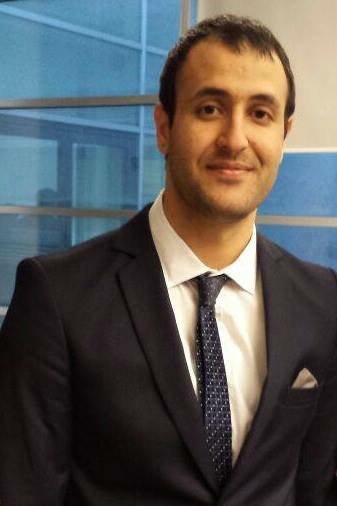
Fazal Hadi
- Alumni
- Pakistan
- 2015 PhD Pharmacology
- Magdalene College
Previous Education
Universita Di Camerino
Madeleine Hahne
- Alumni
- United States
- 2020 PhD Geography
- Pembroke College

Madeleine Hahne
- Alumni
- United States
- 2020 PhD Geography
- Pembroke College
As a young child in Los Angeles, I spent every moment I could in nature. I became a wildlife rehabilitator, tall ship sailor, and Forest Service biological technician. My lifelong religious devotion later led me to study and practice in Jerusalem and the Balkans, two places where faith has a powerful impact on daily life. After my Brigham Young University undergraduate in International Relations and Philosophy, I completed a Cambridge Masters in Muslim-Jewish relations. I then worked in Lebanon and Iraq where I saw the devastating consequences of environmental neglect first hand and realized I could channel my passion for religion and nature toward doing good. During my PhD, I will study the complex dynamic between religion and the environment, particularly how religious action or inaction can change environmental outcomes. Using my own faith background as a starting point, I will seek to understand how theological narratives around ecology are formed, and how they can transform behavior. I hope to advance the cause of unity and peace throughout my career, and am honored to join a community devoted to serving others and creating a healthier world for us all.
Previous Education
University of Cambridge Muslim Jewish Relations 2017
Brigham Young University Utah International Relations 2014








